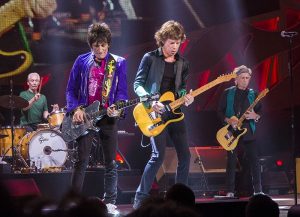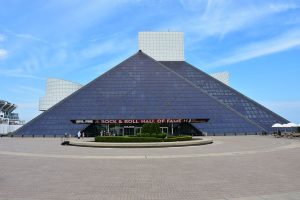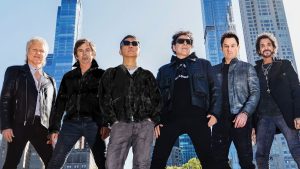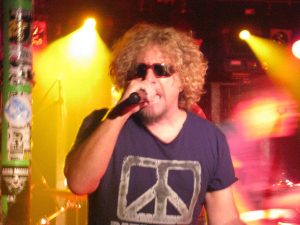Remembering Rick Davies: The Visionary Force Behind Supertramp’s Timeless Sound
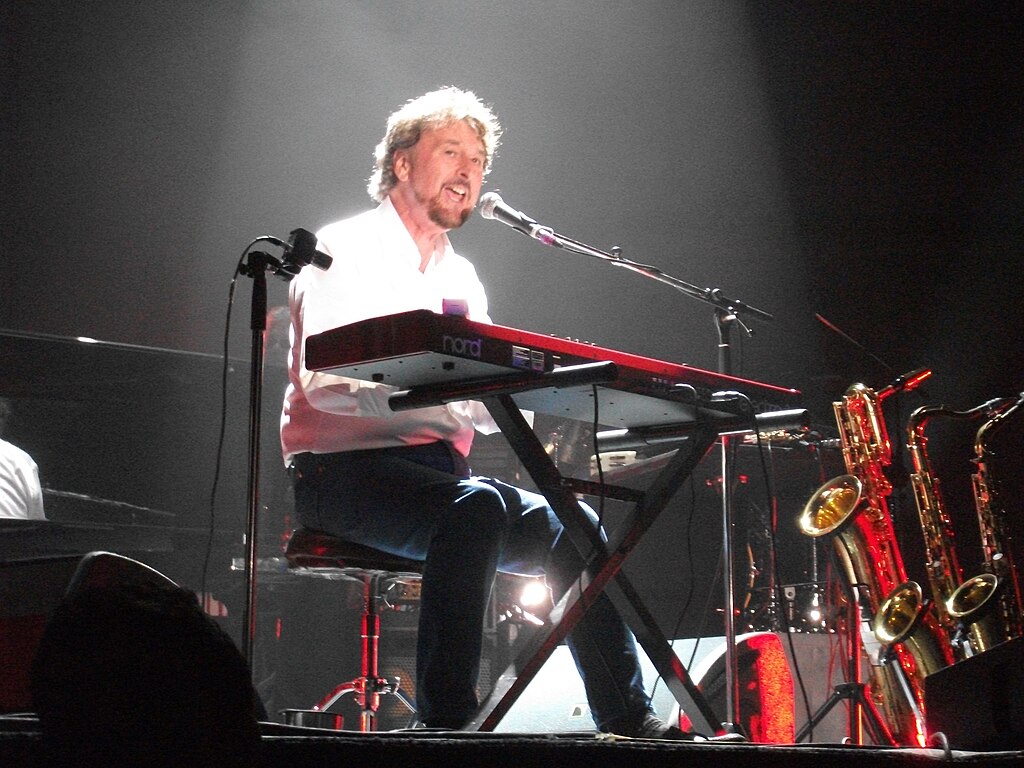
We’ve lost another iconic figure from the world of classic rock. Losses like this are becoming far too frequent these days and there’s no escaping the reality that many more will be taken from us in the coming years. I suppose all we can do is mourn their loss in our own way and continue to enjoy the wonderful music they created for us for as long as we are able.
Rick Davies, co-founder, keyboardist, and lead vocalist of the legendary British rock band Supertramp, passed away on September 6, 2025, at the age of 81. The news, announced by the band on September 8th, revealed that Davies had succumbed to multiple myeloma, a form of blood cancer he had battled for over a decade.
His death marks the end of an era for classic rock enthusiasts, as Davies was the driving creative force behind many of Supertramp’s most enduring hits. From humble beginnings in post-war England to crafting progressive rock anthems that helped define the 1970s, Davies’s journey was one of innovation, resilience, and quiet determination.
Born Richard Davies on July 22, 1944, in Swindon, Wiltshire, England, Davies grew up in a working-class family during the post-World War II years. Music became an early escape for the young Davies, who began playing drums at age 12 before transitioning to keyboards after being drawn to the instrument’s versatility. By his teens, he was immersed in the burgeoning British beat scene, influenced by American blues and jazz artists like Ray Charles and Fats Domino.
Davies’s first foray into professional music came in the mid-1960s with local bands, including The Lonely Ones and later The Joint, where he honed his songwriting and performance skills. These early experiences laid the groundwork for his signature style: a blend of intricate piano work, soulful vocals, and lyrics that often explored themes of alienation and introspection.
Davies’s path to Supertramp began in 1969, a pivotal year in rock history. Frustrated with the limitations of his previous projects, he placed an ad in Melody Maker seeking musicians for a new venture. That advertisement led to a partnership with Roger Hodgson, a guitarist and vocalist with a contrasting melodic sensibility.
Backed by Dutch millionaire Stanley August Miesegaes, who provided financial support, Davies and Hodgson assembled the initial lineup, including bassist Richard Palmer-James and drummer Robert Millar. The band was named Supertramp, inspired by W.H. Davies’s autobiography “The Autobiography of a Super-Tramp.” Miesegaes’s patronage allowed the group to rehearse and record without immediate commercial pressure, a luxury that fostered their experimental sound.
Supertramp’s debut album, self-titled and released in 1970, was a modest start, blending folk-rock with progressive elements but failing to chart significantly. Lineup changes followed, with Frank Farrell replacing Palmer-James and Kevin Currie taking over on drums. The band’s real breakthrough came with 1974’s Crime of the Century, a concept album that showcased Davies’s songwriting prowess. Tracks like “Bloody Well Right,” penned by Davies, became radio staples, propelling the album to No. 4 in the UK and establishing Supertramp’s distinctive dual-vocal dynamic between Davies’s gritty baritone and Hodgson’s higher tenor.
The late 1970s marked Supertramp’s commercial zenith. Crisis? What Crisis? (1975) and Even in the Quietest Moments… (1977) built momentum, but 1979’s Breakfast in America exploded onto the scene, selling over 20 million copies worldwide. Davies contributed gems like “Gone Hollywood” and “Goodbye Stranger,” blending jazz-infused keyboards with catchy hooks. The album topped charts in multiple countries, earning Grammy nominations and solidifying Supertramp as arena rock staples. Tours were elaborate, with the band’s theatrical stage presence drawing massive crowds.
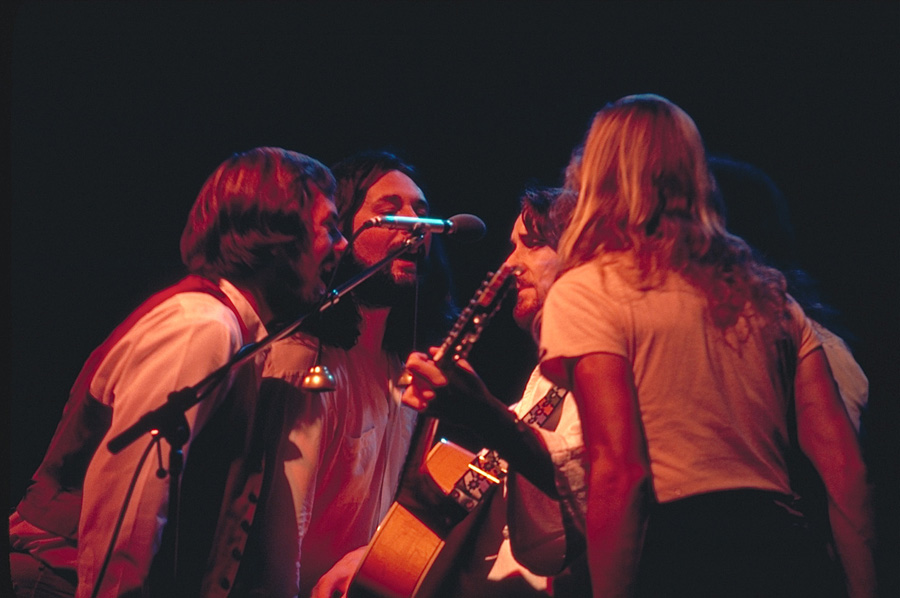
I was part of one of those crowds, although it was not one that could be considered “massive.” On May 23, 1979 I attended a Supertramp show at Boston’s Music Hall (now called the Boch Center Wang Theatre). Of all the concerts I have attended in my life this one stood out as the best and the reason for that was sound. I suppose I am somewhat of an audio snob who was accustomed to being disappointed with the sound quality at live shows more often than not. That’s probably not anyone’s fault since it has to be almost impossible to make a band sound good in a massive, cavernous arena with hard surfaces from top to bottom.
At the Music Hall, however, I thought I had died and gone to concert heaven. The sound was superb and I relished every note . It was so good that I found myself wondering if they fired up a recording backstage and just faked it. I knew that was not the case but that’s a testament to how good the sound was and how flawless their performance was.
Despite their ability to work together and produce a flawless show, tensions simmered beneath the success. Davies and Hodgson clashed over creative direction with Davies favoring bluesy, rhythmic tracks, while Hodgson leaned toward pop melodies. This led to Hodgson’s departure after 1982’s …Famous Last Words…, fracturing the band. Davies took the reins, recruiting new members for albums like Brother Where You Bound (1985) and Free as a Bird (1987), which maintained commercial viability but lacked the earlier magic. A reunion with Hodgson in 1997 for Some Things Never Change and a tour offered nostalgia, but egos prevailed, and the collaboration ended. Davies continued leading Supertramp into the 2000s, with Slow Motion (2002) as their last studio effort.
Davies’s health struggles began in 2015 when he was diagnosed with multiple myeloma, a cancer affecting plasma cells in the bone marrow. The diagnosis forced the cancellation of a planned European tour, as aggressive treatment, including chemotherapy, left him unable to perform. In interviews, Davies remained optimistic, crediting his wife Sue for support and focusing on recovery. By 2017, he had entered remission, allowing sporadic performances, but the disease’s toll was evident. Supertramp’s activities dwindled, with Davies prioritizing health over touring.
The cancer returned aggressively in the early 2020s, leading to more treatments and limited public appearances. Friends and bandmates described Davies as stoic, drawing on his working-class roots to battle the illness. In a 2023 statement, he expressed gratitude for fan support, hinting at unfinished music projects. His death at home in the United States, surrounded by family, closes a chapter for Supertramp, but his legacy endures through songs that continue to resonate on classic rock radio.
Rick Davies leaves behind a catalog that defined progressive rock’s accessible edge, influencing bands like Marillion and Dream Theater. More than a musician, he was Supertramp’s heartbeat, blending technical skill with soulful expression. As tributes pour in from peers like Peter Gabriel and Elton John, fans remember a man who turned personal introspection into universal anthems. Rest in peace, Rick—your music takes the long way home.
